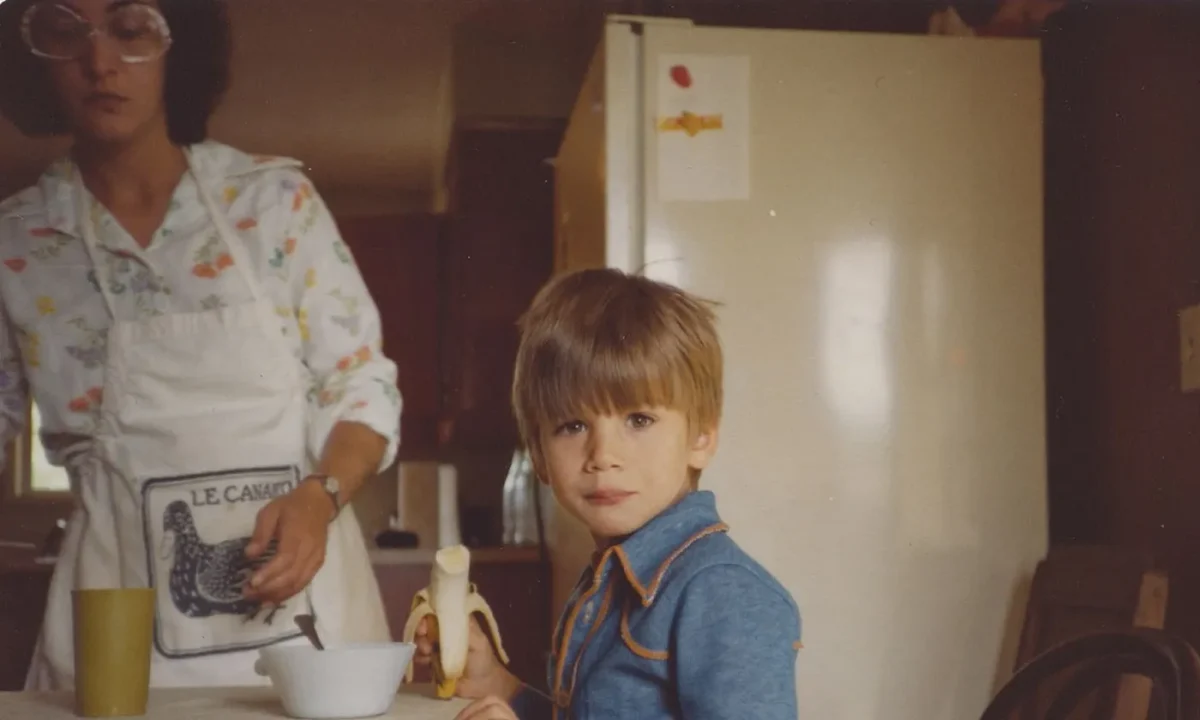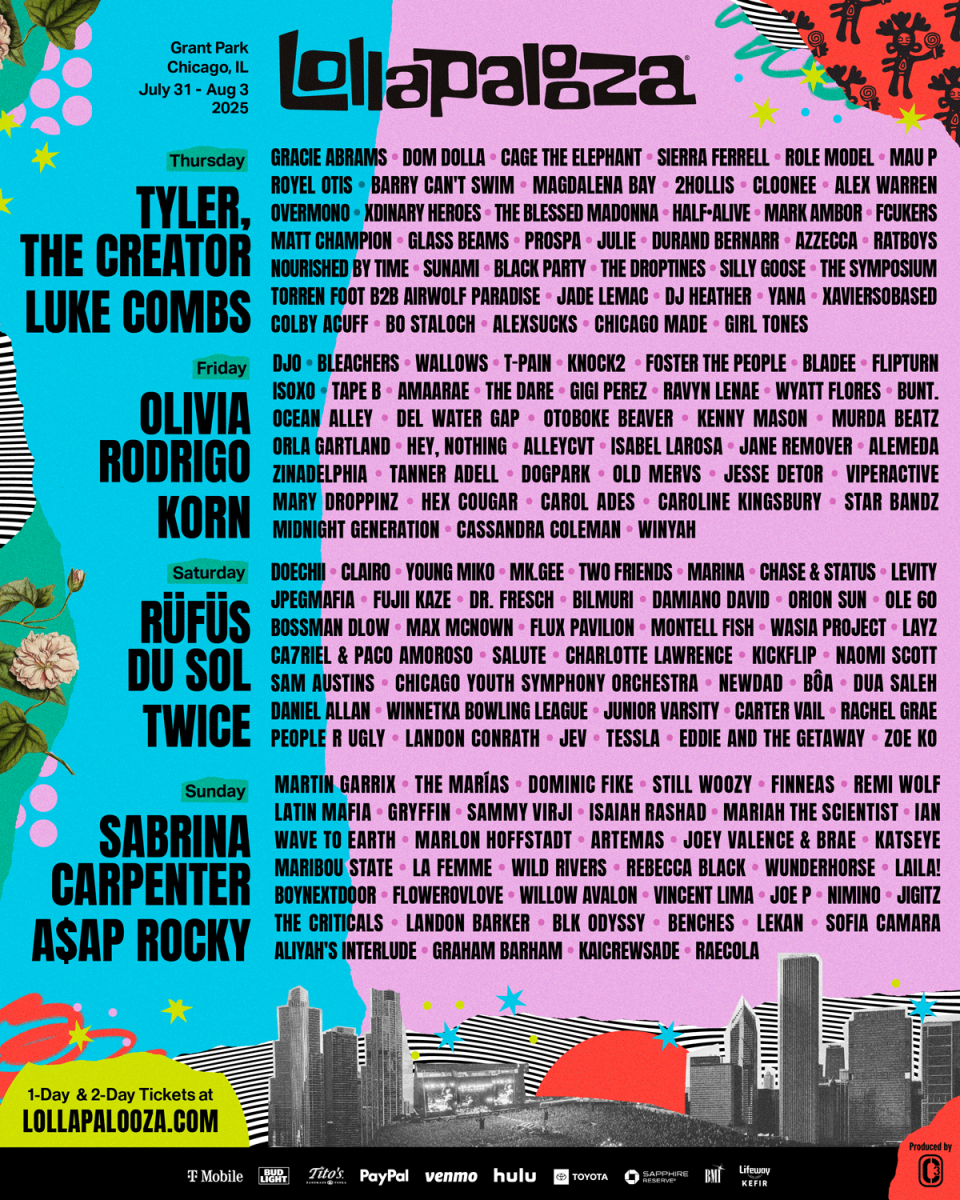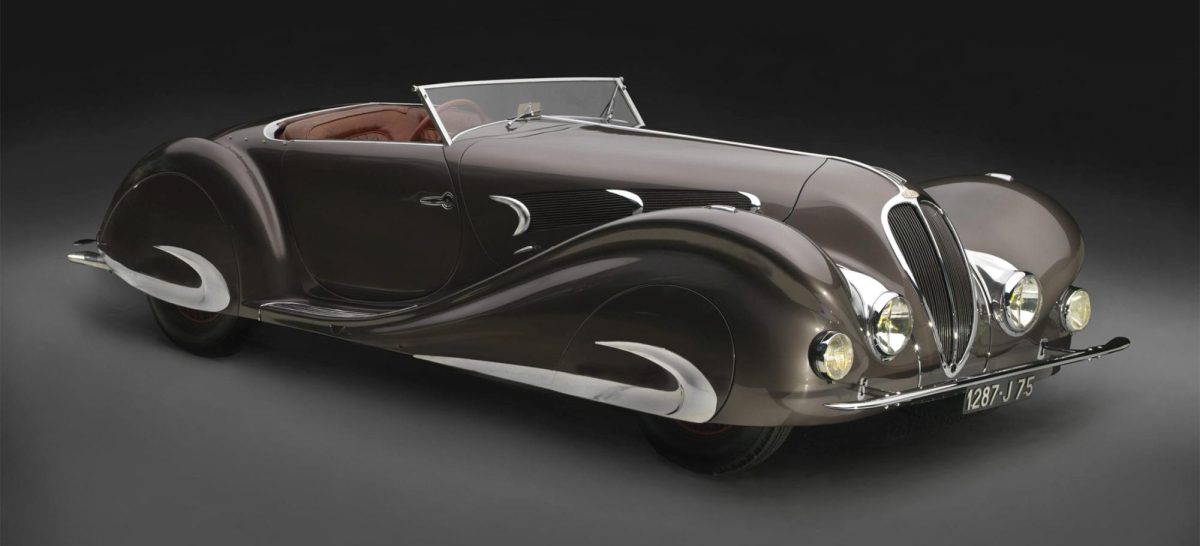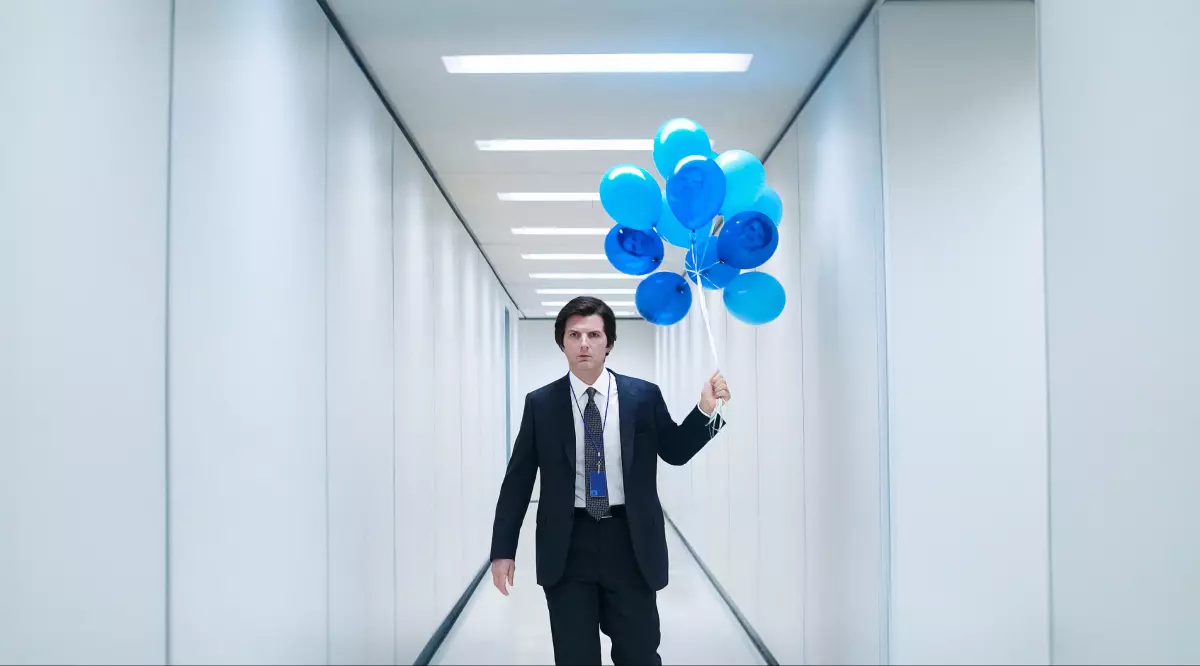Makes debut performance with St. Louis Symphony Orchestra

Nine times out of 10, the phrase “it gave me chills” is a complete and blatant lie.
Ben Folds’ debut with the St. Louis Symphony Orchestra has provided the ever-elusive single exception to the rule, though, spreading goosebumps like a disease in a sold-out Powell Hall.
On Nov. 6, Folds collaborated with the symphony to infuse an alternate life into songs that have already taken on a life of their own in Folds’ inexhaustible career.
“Zak and Sara” began the night with an outpouring of crowd appreciation, with the stiff environment of Powell Hall dissipating as Folds’s signature voice and spirited stage demeanor softened the expectant audience of more than 2,500 people.
Sold out weeks in advance, Folds’ faithful fan base lined the wall with standing-room-only tickets, all for the chance to experience the artist in relatively uncharted waters. Without the frills of an opening act or the distraction of an overly-vocal audience, the focus fell to where it truly belonged— the music.
Enhanced by the stirring strings and subtle percussion of the symphony, which Folds said is “one of the best symphonies in the nation,” the audience was brought into an atmosphere reminiscent of a Disney production, the magic of the movies coming to life in the packed hall.
The cinematic sound was rooted in the combination of Folds’ high-powered talent on the piano and lyrics that became all the more potent when sung with heart-wrenching conviction, each word dripping with unrivaled emotion.
No longer untouchable and impersonal, Folds explained the origin of each song to the audience with engaging awkwardness, bringing them into his beautifully tattered, and unexpectedly hilarious, world.
Prior to “Gracie,” an ode written for his daughter, Folds told the story of his children, an initial peak into the tumultuous personal life of the singer. As the starting notes were played, a hush swept the theater, every father and daughter rapt with attention to words of growing older.
“Life flies by in seconds, you’re not a baby Gracie, you’re my friend,” Folds sang.
Major milestones were not the only motivations that Folds shared, prefacing “Jesusland” with a tale of wandering through Nashville streets and contemplating the arguable beauty of the world.
Folds’ talent lies in this storytelling, morphing mundane aspects of the world into philosophical quests for truth and explanation. His songs are not diabolical in and of themselves, but they are honest— an anomaly among modern musicians.
His honesty drew in the audience with a mutual respect palpable between an artist and his audience. The relationship was highlighted in “Not the Same,” in which the audience banded together to create a near angelic choir as background for Folds. And the goosebumps return.
The self-deprecating Folds seemed unaffected by his obvious fame, noting that he does not see an episode of VH1 “Behind the Music” in his future, as if it were the only sign of true success. The respectful audience laughed off the subjective standard, a show of an artist’s true success becoming obvious in the belief that the fans hold in him.
After a strung-out transition between songs, Folds apologized profusely for the rambling, even telling himself to, “just shut up,” the man behind the piano instantly becoming the audience’s friend and the audience, in turn, seeking his approval.
Relentlessly called for an encore, and eventually a hopeful second, Folds pranced onto the empty stage with a childish abandon. Playing a brief jingle on every instrument he could find, Folds’ surfacing genius was endearing, if not slightly mystifying.
After graciously conceding to the “more cowbell” request from the audience, Folds moved back to his piano, attempting to cover Chuck Berry’s “Johnny B. Goode” with little lyrical success. An on-the spot St. Louis-inspired song following that, while less-than-impressive lyrically, brought laughs to the crowd.
Finishing the night with the rousing “Annie Waits,” the audience was notably sad to see him go, and rightfully so, following a performance that would be difficult to recreate.
“The clock never stops, never stops, never waits,” Folds sang.
We’ll be waiting for your return, Mr. Folds.








